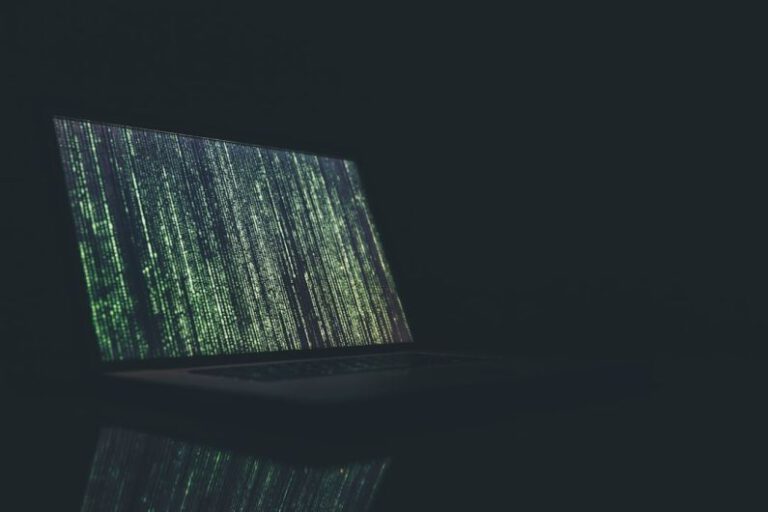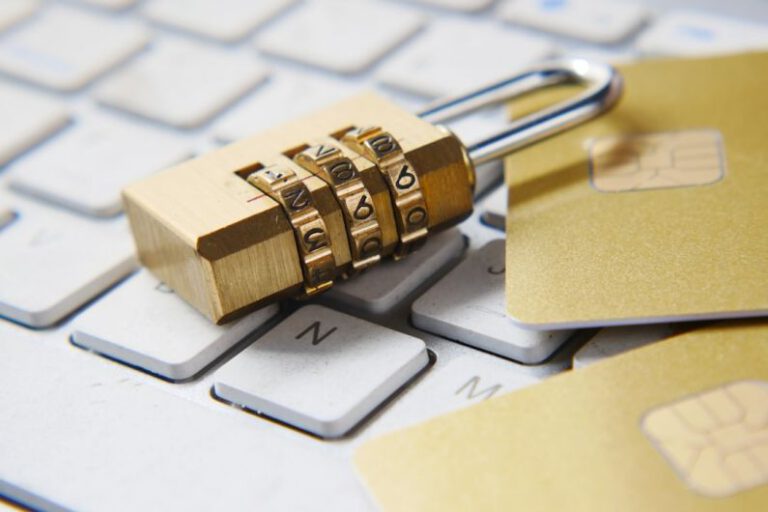Decentralized Security: the Role of Individuals in Cyber Defense
In today’s rapidly evolving digital landscape, the importance of cybersecurity cannot be overstated. With cyber threats becoming more sophisticated and pervasive, organizations are increasingly looking towards decentralized security approaches to protect their networks and data. While traditional centralized security measures remain essential, the role of individuals in cyber defense is gaining prominence as a key component in safeguarding against cyber threats.
The Shift towards Decentralized Security
As the volume and complexity of cyber attacks continue to rise, the limitations of traditional centralized security models are becoming more apparent. Centralized security measures, such as firewalls and intrusion detection systems, are effective to a certain extent but are not foolproof. Cybercriminals are constantly finding ways to bypass these defenses, highlighting the need for a more dynamic and adaptive approach to cybersecurity.
Enter decentralized security. Decentralized security shifts the focus from a centralized authority to a distributed network of individuals who collectively contribute to the overall security posture of an organization. This approach leverages the power of the crowd, tapping into the diverse skills and knowledge of individuals to identify and respond to cyber threats in real-time.
The Role of Individuals in Cyber Defense
In a decentralized security model, individuals play a crucial role in bolstering cyber defenses. By empowering employees to act as frontline defenders, organizations can harness the collective intelligence and vigilance of their workforce to detect and mitigate potential threats before they escalate. Here are some key ways in which individuals can contribute to cyber defense:
1. **Cyber Awareness and Training**: One of the most effective ways individuals can enhance cybersecurity is through education and training. By raising awareness about common cyber threats and best practices for safe online behavior, employees can become more proactive in recognizing and reporting suspicious activities.
2. **Vigilance and Reporting**: Encouraging employees to be vigilant and report any unusual or suspicious behavior can help organizations identify potential security incidents early on. Prompt reporting enables security teams to investigate and respond to threats in a timely manner, minimizing the impact of cyber attacks.
3. **Phishing and Social Engineering Awareness**: Phishing attacks remain a prevalent threat to organizations, with cybercriminals using social engineering tactics to deceive individuals into disclosing sensitive information. Training employees to recognize and report phishing attempts can significantly reduce the risk of falling victim to such attacks.
4. **Secure Password Practices**: Weak or reused passwords are a common entry point for cyber attackers. By promoting secure password practices, such as using complex and unique passwords for each account, individuals can strengthen the overall security posture of an organization.
5. **Incident Response and Collaboration**: In the event of a security incident, individuals can play a critical role in incident response and collaboration. By promptly reporting and sharing information about security incidents, employees can help security teams contain and remediate the threat effectively.
Empowering Individuals for Stronger Cyber Defense
Decentralized security relies on the collective efforts of individuals to enhance the overall security resilience of an organization. By fostering a culture of cybersecurity awareness and empowerment, organizations can leverage the human element as a powerful line of defense against cyber threats. In an increasingly interconnected and digitized world, the role of individuals in cyber defense is paramount to safeguarding sensitive information and maintaining the trust of customers and stakeholders.
Empowering employees with the knowledge and tools to be proactive in cybersecurity is essential in building a robust defense against the ever-evolving threat landscape. By recognizing the valuable role that individuals play in cyber defense, organizations can strengthen their security posture and adapt to the challenges of an increasingly complex cybersecurity environment.






